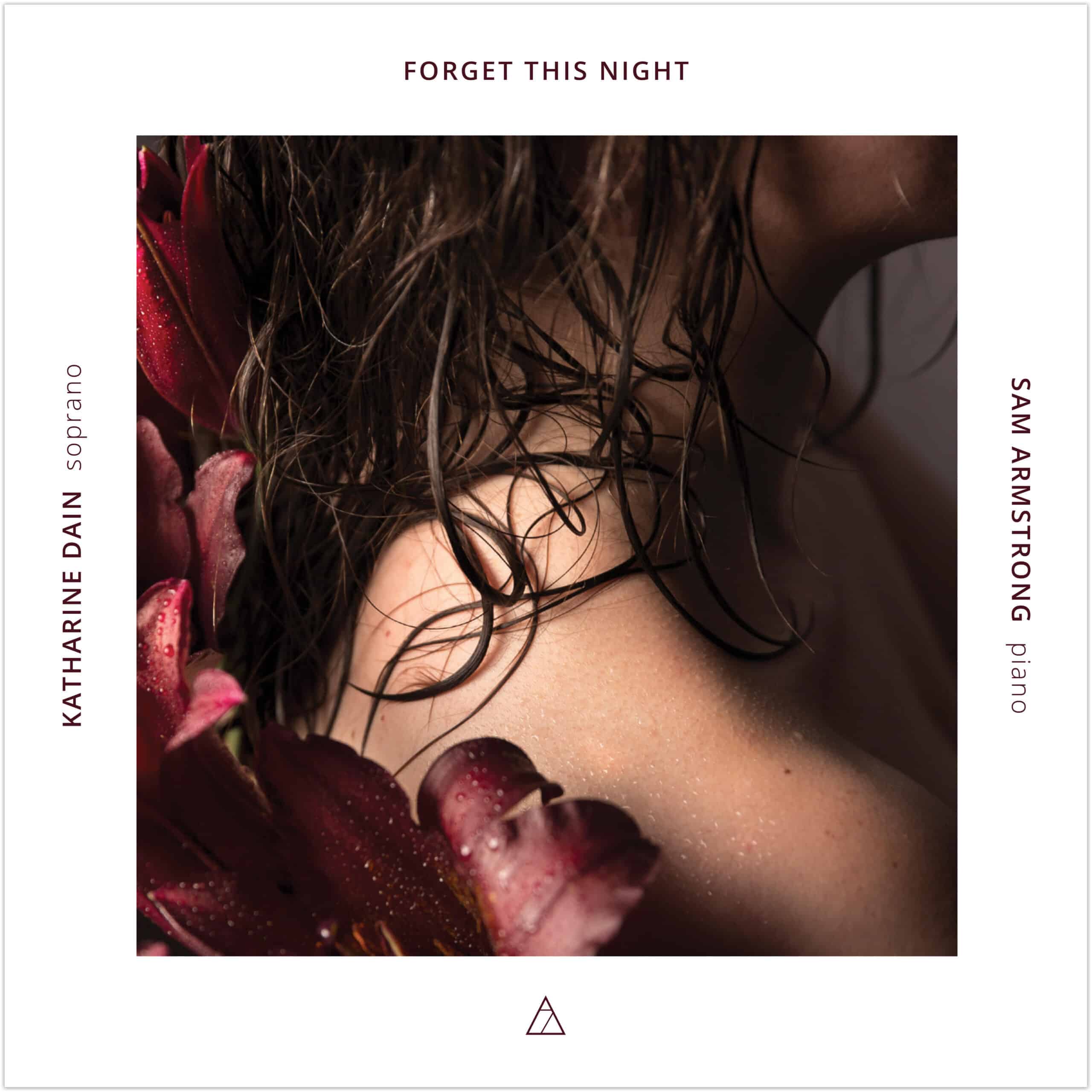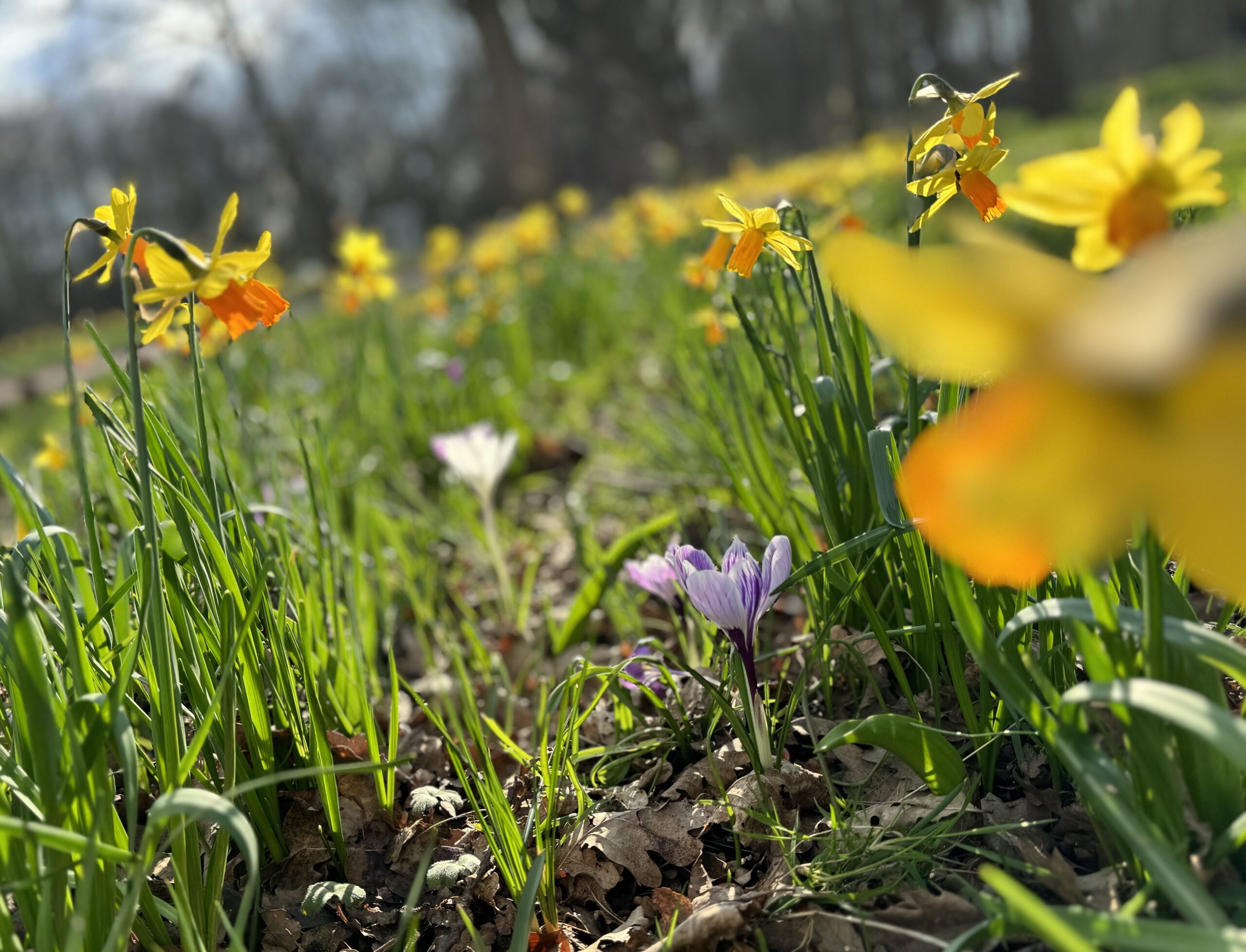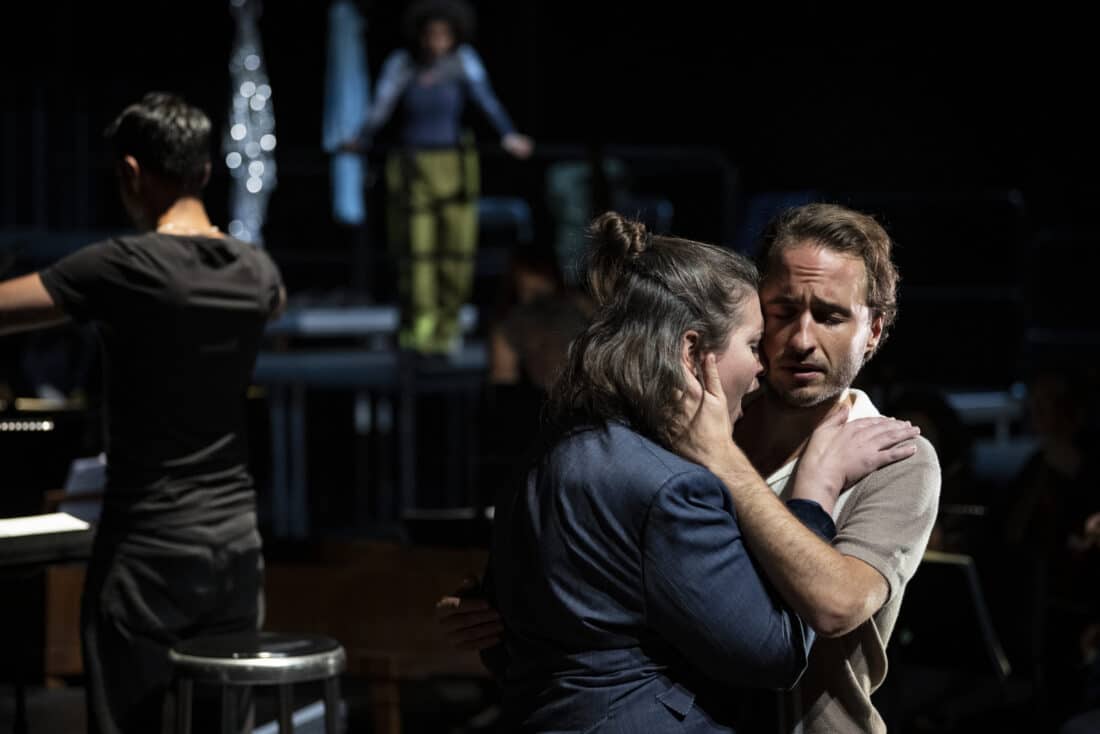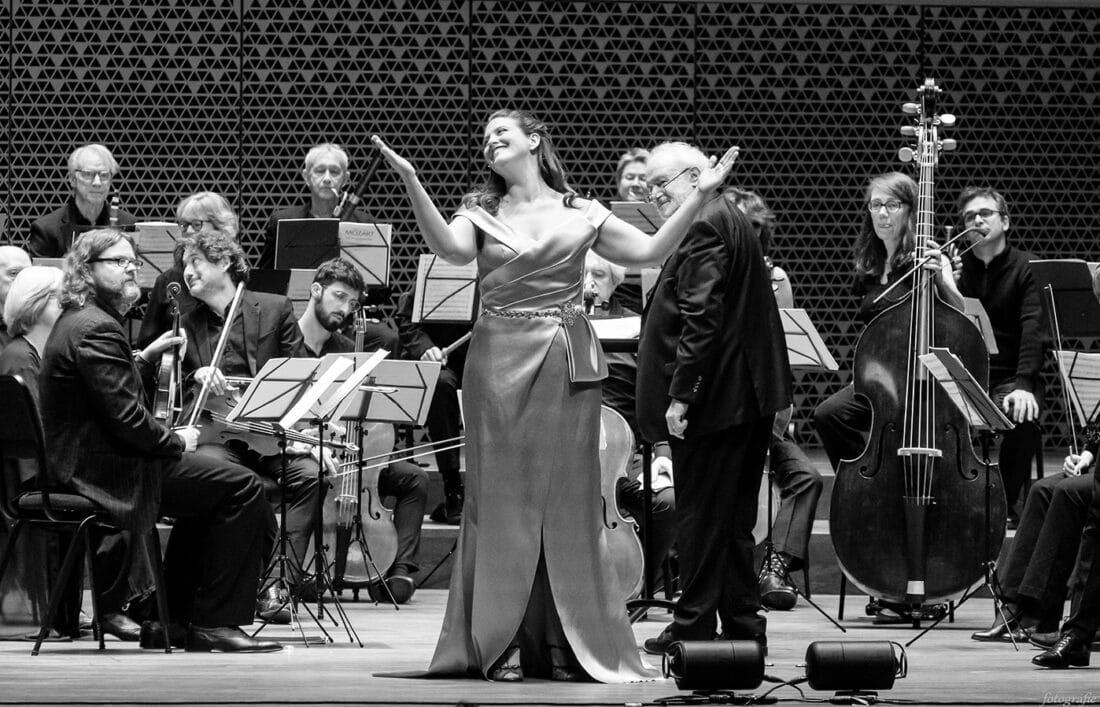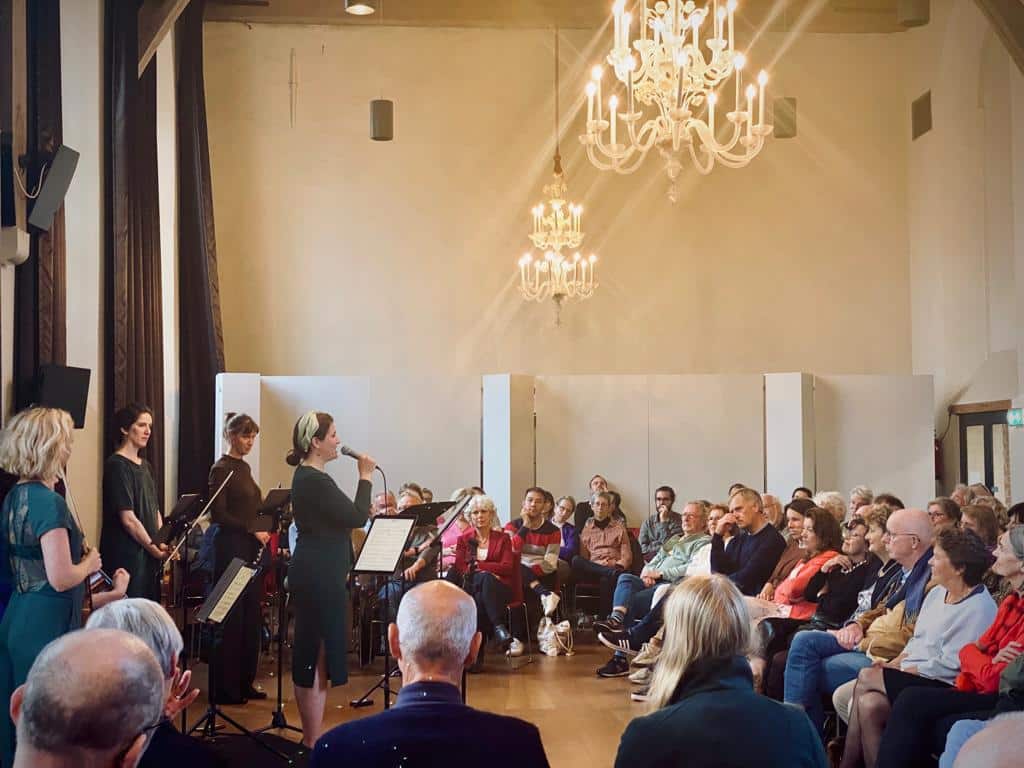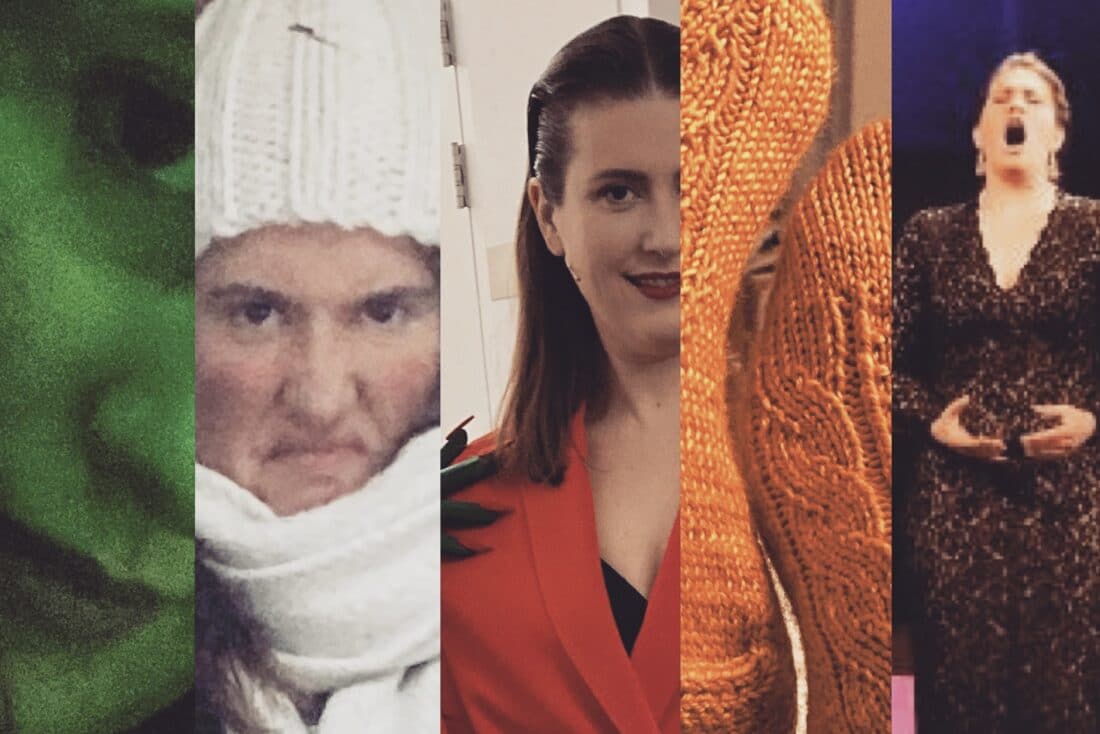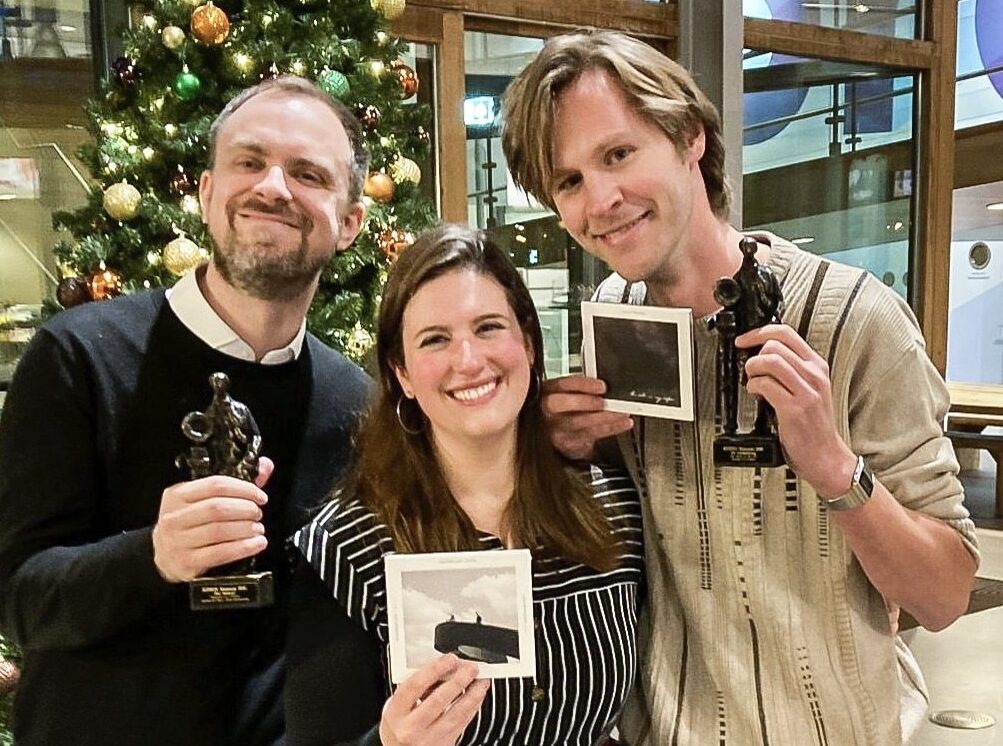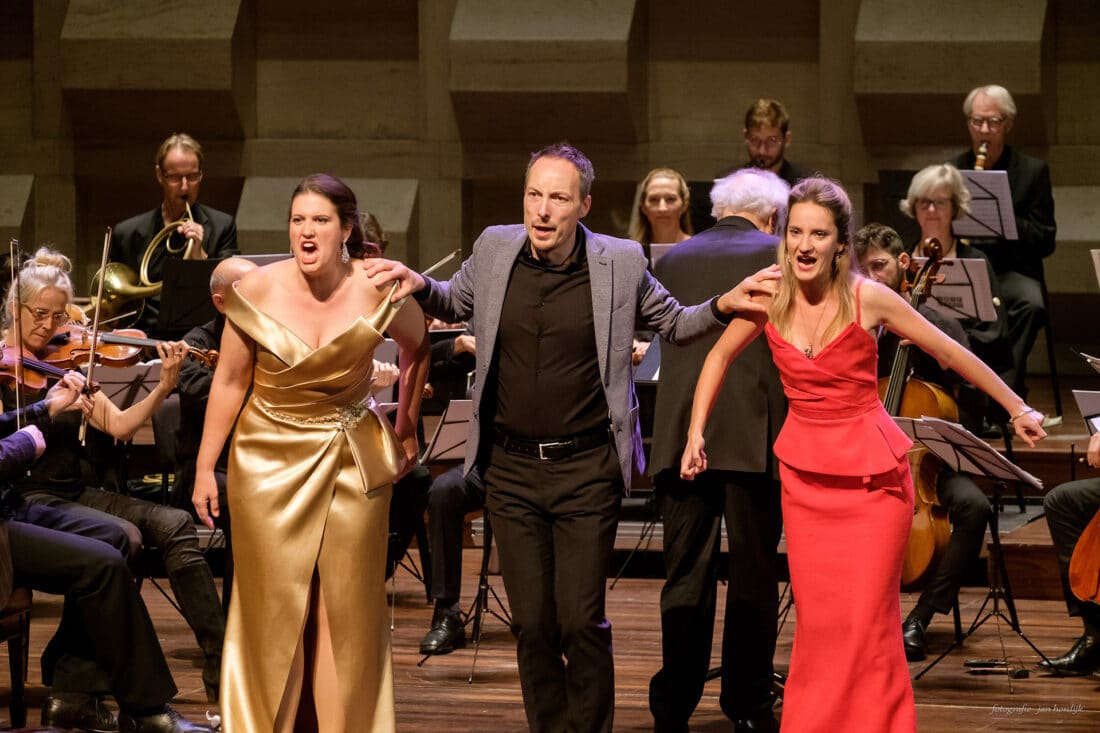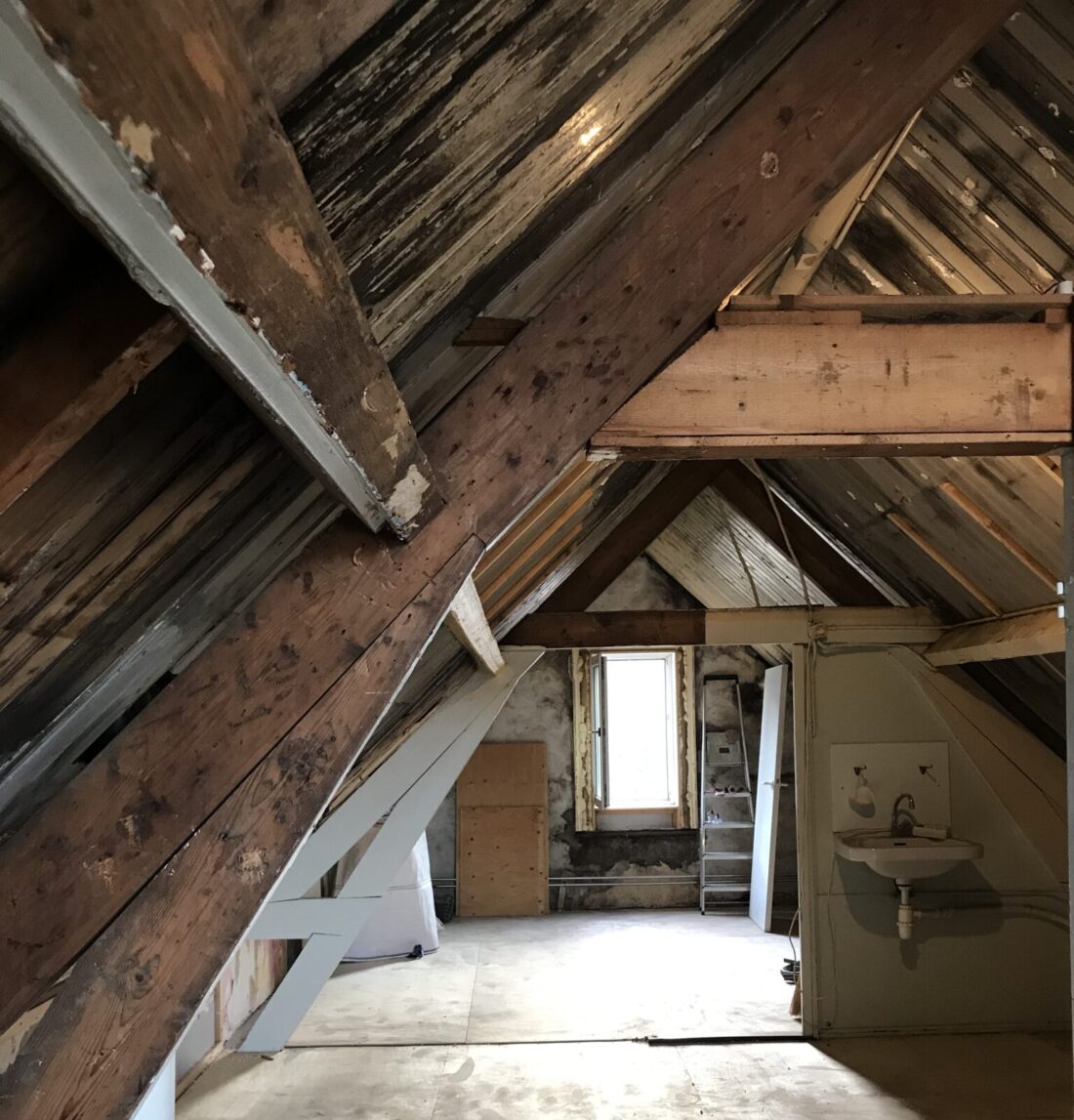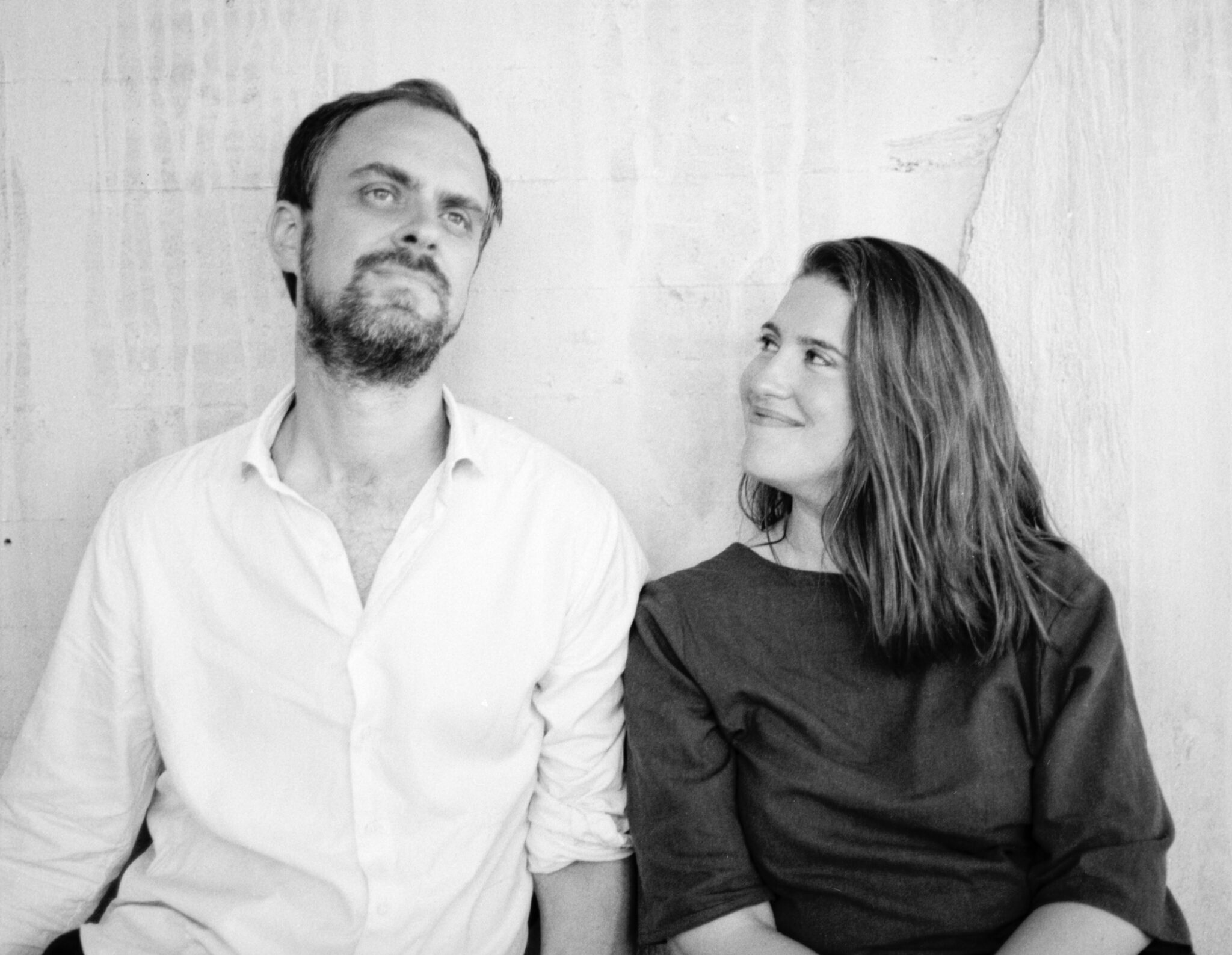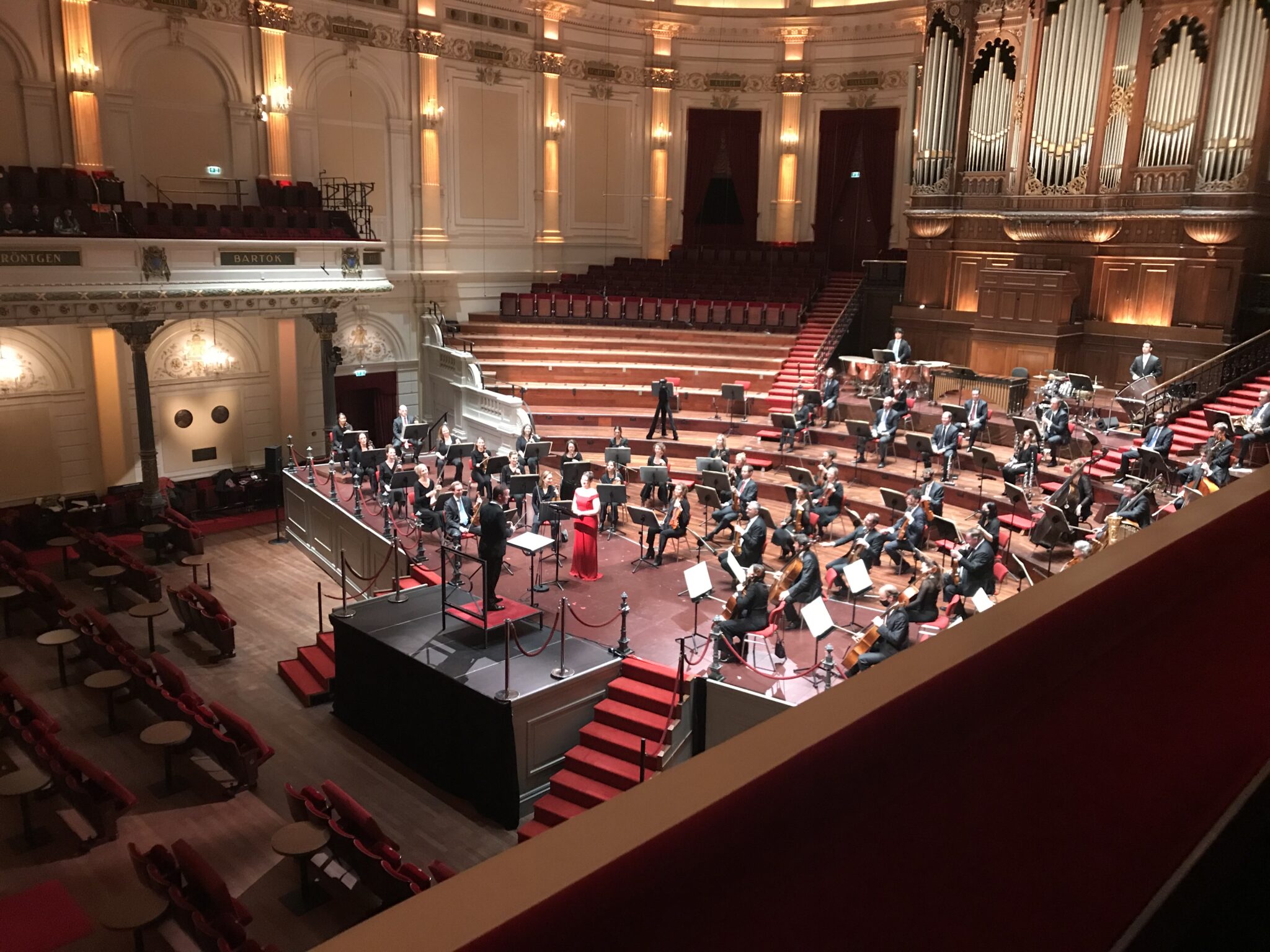Forget This Night: Reactions
Sam and I couldn’t have asked for a more enthusiastic response to our second album together, Forget This Night.
Two and a half years after first performing Lili Boulanger’s cycle Clairières dans le ciel together and knowing instantly that we had to record it, we were delighted that so many critics and friends loved it as much as we do—and that the musical and emotional connections with the gorgeous songs of Szymanowski and Bacewicz resonated strongly. The disc was the definition of a labor of love; we (Sam and I plus Frerik, our tireless producer, engineer, and champion) are grateful to everyone who has listened, written about the project, or supported it along the way.
If you haven’t listened yet, you can buy the physical CD (with my liner notes, texts and translations, and all the beautiful images and design) here (NL & Europe), here (UK), or here (United States). You can stream the album on Spotify, Apple Music, or your favorite platform.
The album was profiled (with interviews and live studio performances) on BBC’s In Tune with Sean Rafferty and NPO Radio 4’s Podium with Dieuwerte Blok. Lex Bohlmeijer chose the album for an extensive week-long exploration on his program Passaggio on NPO Radio 4 before the November 17th release, featuring an in-depth interview.
Below, a roundup of all the written press coverage (as far as I know). First, some highlights; further down, in order of appearance, is a full list. Non-English texts have been translated here, but are linked in their original languages.READ MORE

